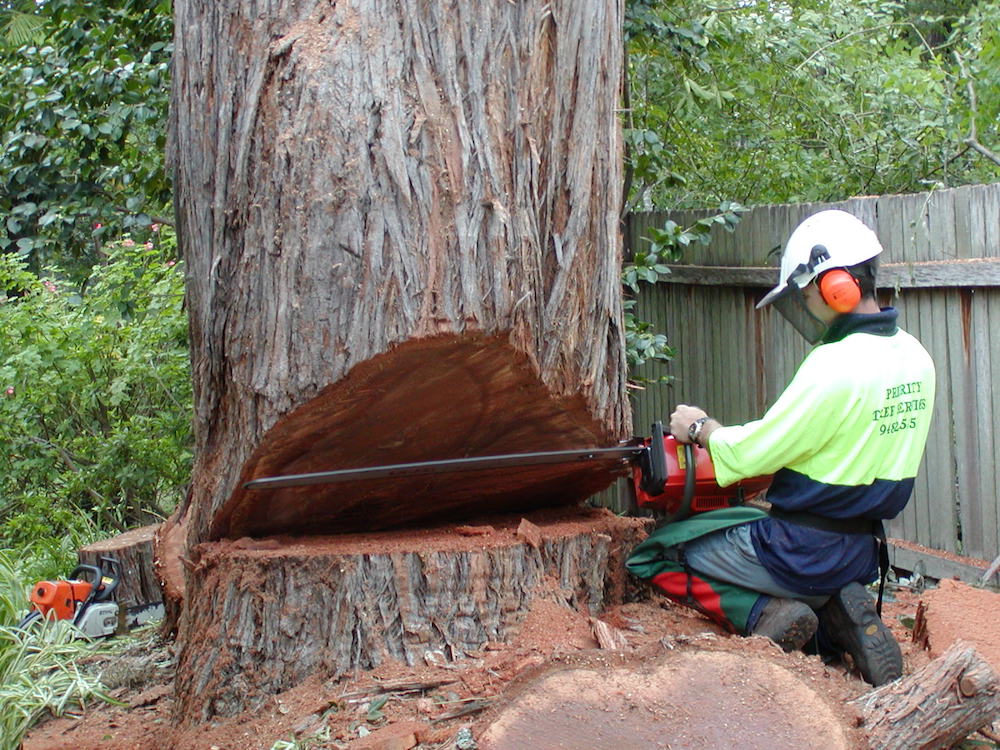All Categories
Featured
The elimination of trees can create open rooms that are at risk to weed intrusion. When trees are existing, their dense canopies typically color the ground, limiting the quantity of sunlight that gets to the dirt. After the removal of trees, these open areas receive boosted sunlight, supplying optimal problems for weed development.

They might advise the usage of compost, which acts as a protective barrier on the dirt surface, stopping weed seeds from germinating and suppressing weed growth.

The presence of trees fosters an abundant and varied area of dirt microbes. Tree roots supply a resource of raw material, exudates, and nutrients that sustain the growth and activity of valuable dirt microorganisms. Nevertheless, when trees are removed, the lack of their origins can interrupt the delicate equilibrium of the soil's microbial ecosystem.
What Is The Best Spring Tree Services Wollongong
This adjustment in pH can impact nutrient accessibility, microbial task, and general dirt health and wellness. To deal with the impacts of tree reducing on soil pH, tree elimination specialists can offer useful advice. They may recommend dirt testing to analyze the existing pH degrees and identify the necessary adjustments. Based on the results, professionals can recommend pH change techniques, such as adding lime to raise soil pH or incorporating elemental sulfur to lower it.
It refers to the compression of dirt particles, causing lowered pore area and enhanced soil thickness. This compaction can negatively impact the dirt's ability to function efficiently, impacting its water-holding capacity, nutrition accessibility, and origin penetration. Proper techniques employed by tree removal professionals can aid lessen compaction and maintain the soil's capability to preserve water, and enable appropriate air movement and mindful tools handling.
Latest Posts
What Is The Best Arborist Wollongong Company Near Me
What Is The Best Arborist Wollongong Company?
Who Has The Best Arborist Wollongong Service?